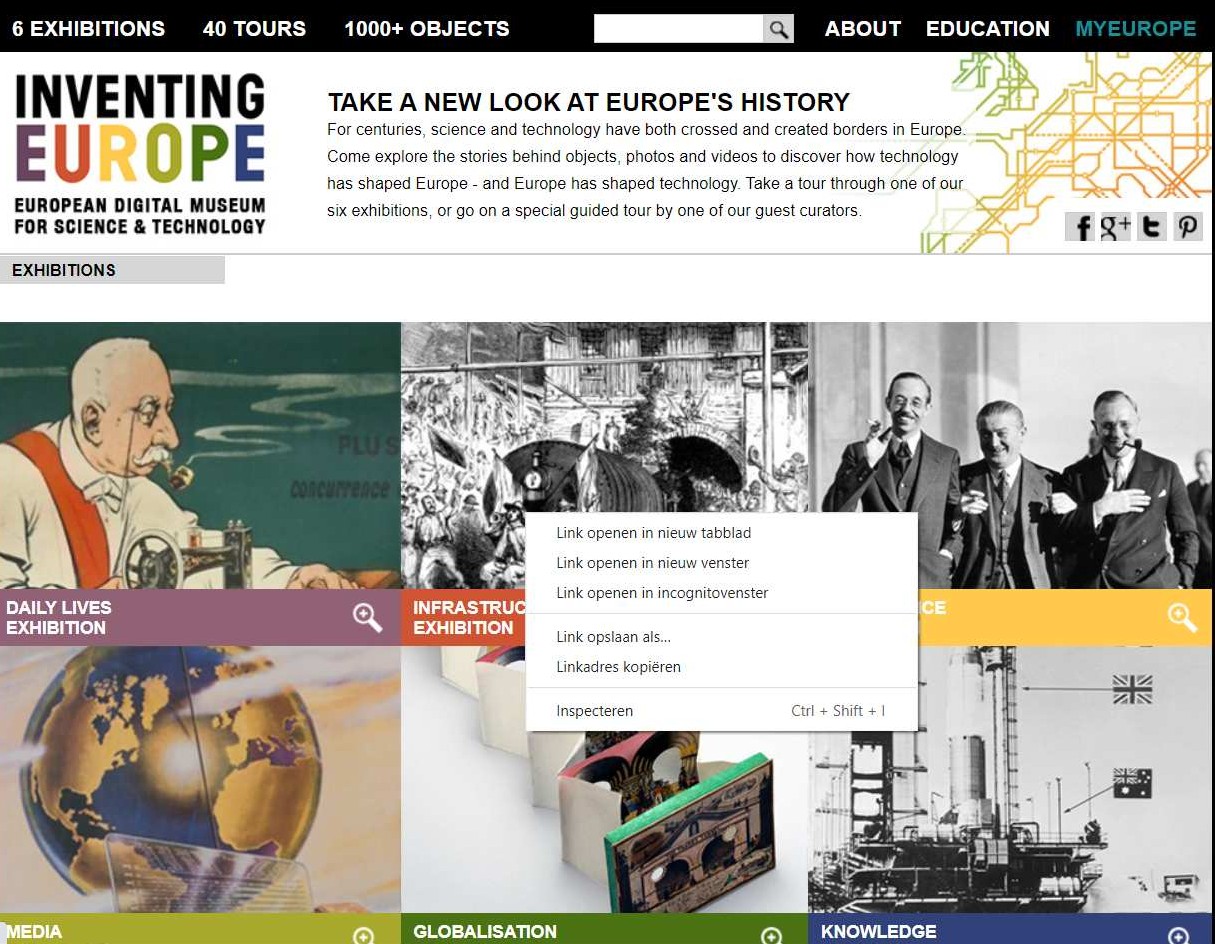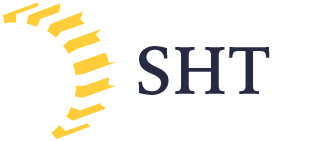Many people have a rather vague sense of what Europe actually is and easily equate it with ‘Brussels’. The Making Europe podcast series challenges your understanding of modern European history and how the European Union came to be.
Discover the Making Europe book authors’ personal experiences and interests to writing their books and let them reveal to you the alternative, unheard of and accessible stories from the history of technology that shaped the Europe we know today.
Consumers, Tinkerers, Rebels: The people who shaped Europe
Who has decided how Europeans have dressed and dwelled? Traveled and dined? Worked and played? Consumers, Tinkerers, Rebels challenges every idea you might have about who can be credited with the shaping of Europe.
Certainly, inventors, engineers, and politicians played their parts. But in the making of Europe, consumers, tinkerers, and rebels were an unrecognized force—until now. This book spotlights the people who “made” Europe—by appropriating technology, protesting for and against it. Using examples from Britain and the Continent, the authors illustrate the conflicts that accompanied the modern technologies, from the sewing machine to the bicycle, the Barbie doll to the personal computers. What emerges is a fascinating portrait of how Europeans have lived, from the 1850s to the current century, which the book depicts by means of no less than 75 unique illustrations from all parts of Europe.
Ruth Oldenziel unravels what a British chief banking clerk and a French chief justice had in common when they travelled first class through mid-nineteenth-century Europe. She explains what technology actually is, and shares with you how her personal demons influenced her research agenda.
Mikael Hård discusses why consumers, tinkerers and rebels are so relevant when discussing the making of Europe. He reflects on the train experience of a young Polish woman who wanted to start a new life in the Americas. And he takes you on the detour of food preservation to show how housewives circumventing certain usages of technologies had a decisive impact on the making of Europe.
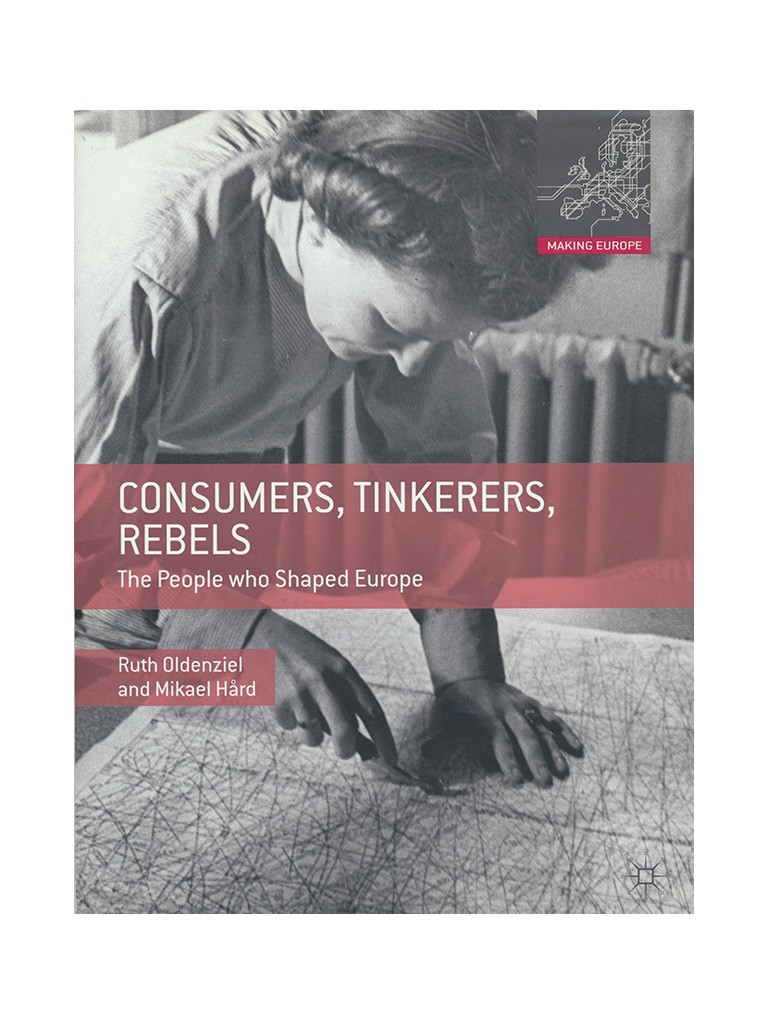
Building Europe on Expertise: Innovators, Organizers, Networkers
Can expertise be a powerful force that both connects and fragments a continent like Europe? How were experts to cope with the dark side of their work from aligning with Hitler, Mussolini, and Stalin to feeding the Cold War?
In this Podcast episode book authors Martin Kohlrausch and Helmuth Trischler introduce a story of experts (un)making Europe that has fascinated them in particular. It is the devastating story of Europe’s attempt to launch a rocket into space as the third nation behind the Soviet Union and the US. While the attempt seemed successful at first as the impressive rocket with the telling name Europa launched into the sky, only minutes later, catastrophe hit as spectators watched the rocket explode in front of their very eyes… What had gone wrong?
Martin Kohlrausch explains the fascinating interplay of experts’ biographies, institutions and technology, how those relate to the Europa rocket catastrophe and why the complexity of European organisations and institutions became so attractive to experts. He also dwells on the changing role and perceptions of experts in a societal context.
Helmuth Trischler illustrates how Europe is much more than what we see on the map. Europe has multiple faces and geographies, multiple Europes made by experts. He provides insights into how he perceives the future role of experts and scientists, considering the global challenges the world is facing – and what John Schellnhuber and Elon Musk have to do with it all.
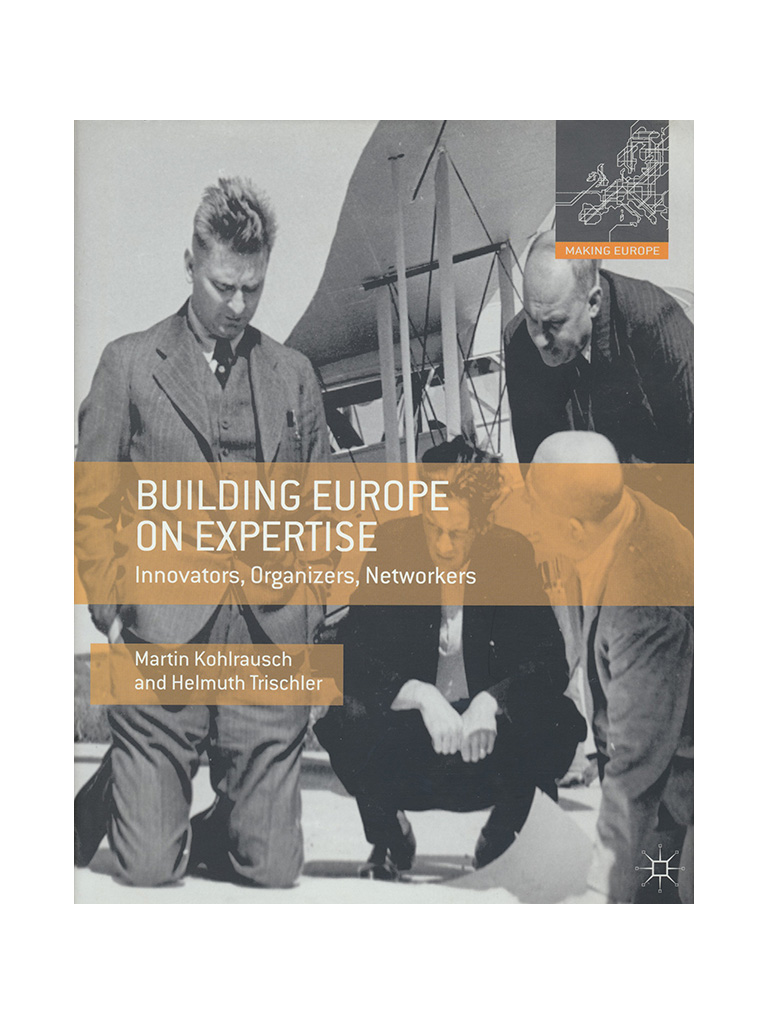
Writing the Rules for Europe: Experts, Cartels, International Organizations
In this episode Making Europe series editor and co-author of Writing the Rules for Europe, Johan Schot, brings to you the story of Englebert Hondelink, a technical expert who contributed to restoring peace in Europe after the Second World War.
Hondelink’s approach demonstrated how experts were the ones to foster international relations, overcome rivalry and establish cross-border organisations instead, thus remaking and writing the rules for post-war Europe.
Johan Schot puts things into perspective and explains how its technocratic roots influence what is being played out in present-day Europe and the EU in particular. He assesses the rise of right-winged populists in relation to this and refers to the recent Brexit debate.
Schot exemplifies how current decision making structures in the European Union have been shaped by engineers and why those structures need rethinking. He addresses why it remains so challenging to create a much needed European identity as he calls for the European Union to redefine itself in order to approach the great challenges (migration, climate change and growing inequality) we’re facing today.
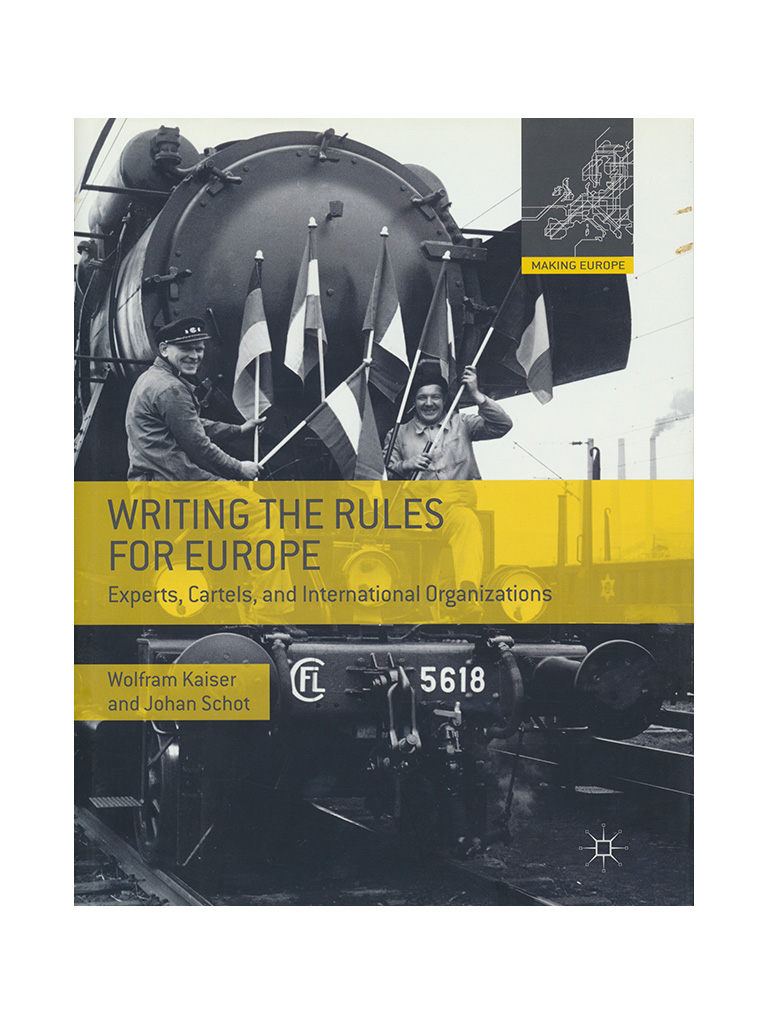
Europe’s Infrastructure Transition: Economy, War, Nature
How can infrastructures divide and unite people and places at the same time? How were they beneficial for supplying food, or used for waging wars on scales yet unknown?
In this Podcast book authors Per Högselius, Erik van der Vleuten and Arne Kaijser bring to you the story of the Nordstream natural gas pipeline and illustrate how transnational infrastructure projects are utilized as symbols of peace and friendly cooperation across continents.
Per Högselius and Erik van der Vleuten elaborate on their personal fascination for researching and writing about the infrastructures that have built Europe as we know it today. America’s intervention in Europe’s Infrastructure Transition is being debated as the authors illustrate infrastructure’s ever changing role in tensed political situations – sometimes serving to keeping countries together, while another time scaling up warfare. And did you know that infrastructures play a crucial role, in both creating and potentially depleting the biodiversity crisis?
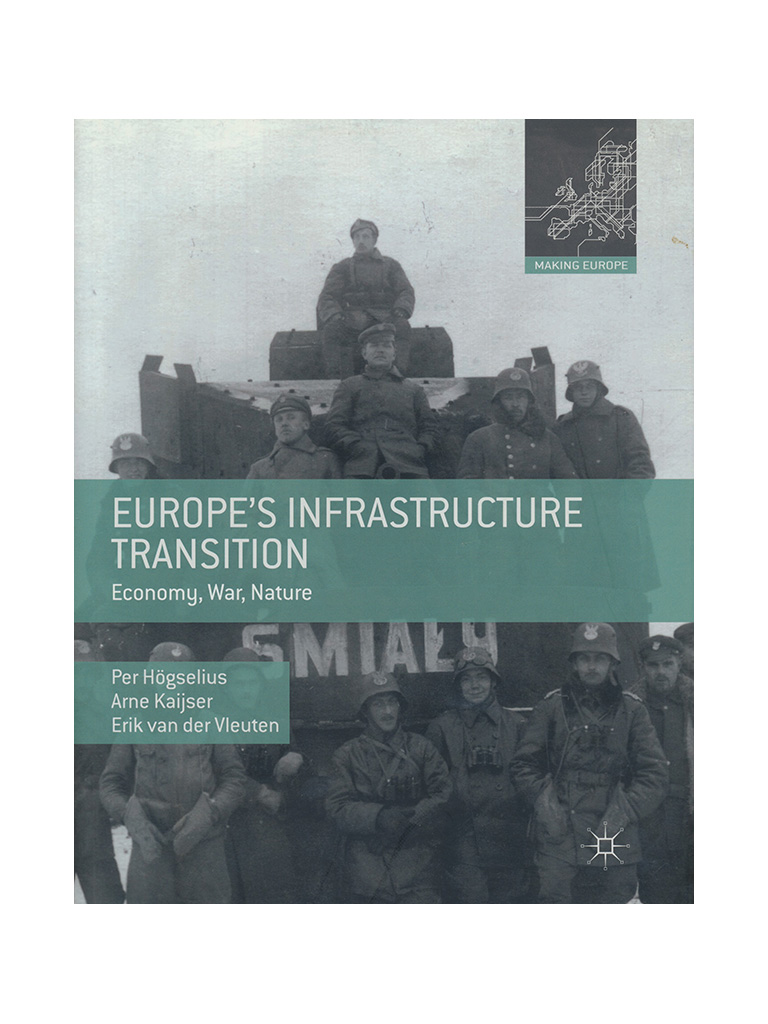
Communicating Europe: Technologies, Information, Events
In this podcast episode, Andreas Fickers, co-author of the book ‘Communicating Europe’, reflects on the transformation of the radio as a communication space in Europe.
This episode introduces the story of Hans, who in the 1930s listened to the entire European continent by using nothing but his radio. It illustrates the new possibilities and excitement that came with the radio being introduced as a new communication technology in Europe at the beginning of the 20th century.
Andreas Fickers describes how the radio became a mass medium and “a piece of furniture” that was found in every living room. He outlines how the users of the radio have actually co-constructed the way the medium developed, and how the act of radio listening became part of a new way of being European. Drawing parallels with the internet, he predicts that (just as had happened with radio) in the coming decades some form of regulatory regime will be developed around the use of this relatively new medium.
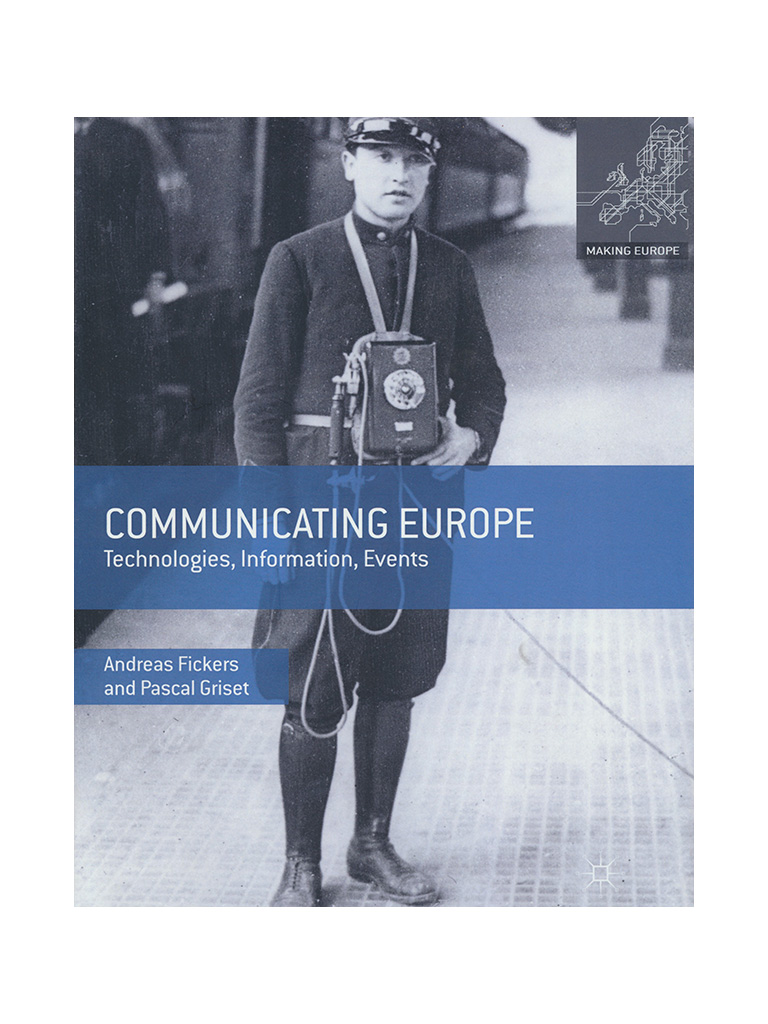
Europeans Globalizing: Mapping, Exploiting, Exchanging
In this episode, Maria Paula Diogo and Dirk van Laak, authors of the book “Europeans Globalizing”, reflect upon the views of non-Western countries on European technologies and innovations and how this has mediated European influence across the world.
The episode begins with a story of the book ‘Occidentosis- A Plague From the West’ by Iranian novelist Jalal Al-e-Ahmad. Published in 1962, he condemned the prevailing ‘Euromania’ is his country. He perceived the intoxication of people with ‘the West’ as an illness transmitted by Western mass culture and technology – a strategy comparable to the Trojan horse. His book represents a wide-spread concern that is still relevant today: How can European or Western achievements, especially in science and technology, be adopted without succumbing to European values and attitudes?
Maria Paula Diogo and Dirk van Laak address the question of how the allure towards Western technology from a non-European perspective can be understood as they discuss the often dual perception of Western technology as a Trojan Horse and as a source of power. They assess how we can use this historic information to better assess the present.
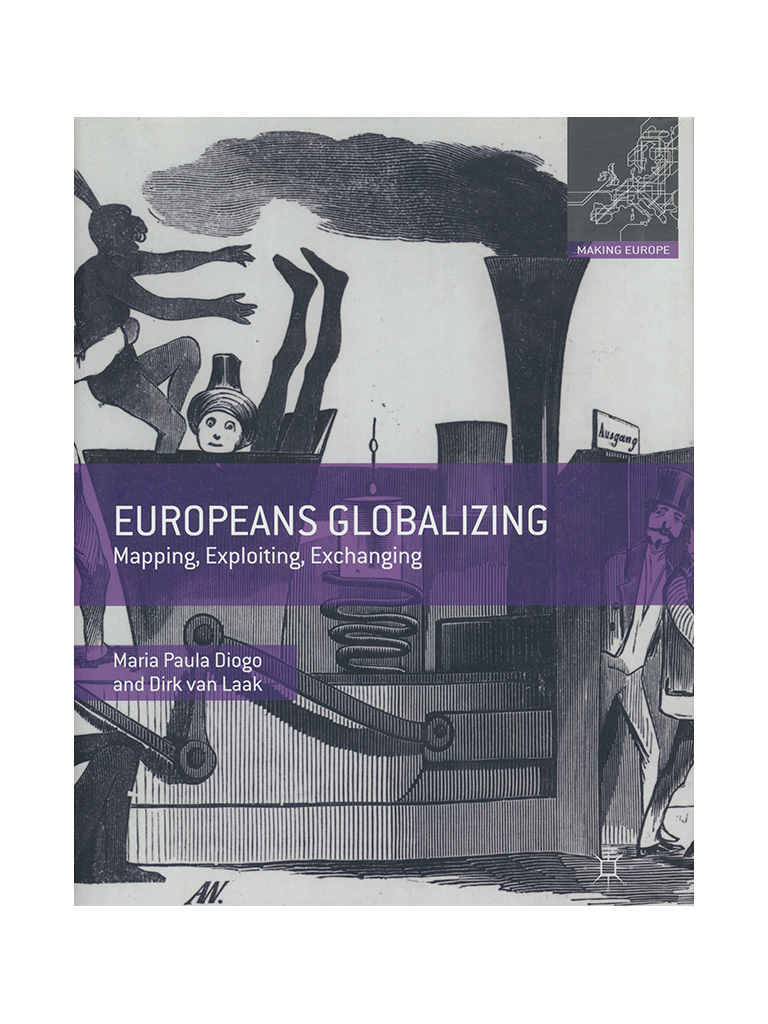
Making Europe book series
Website Making Europe Project:
Inventing Europe
For centuries, science and technology have both crossed and created borders in Europe. Come explore the stories behind objects, photos and videos to discover how technology has shaped Europe – and Europe has shaped technology. Take a tour through one of our six exhibitions, or go on a special guided tour by one of our guest curators.
- Daily Lives
- Infra structures
- Governance
- Media
- Globalisation
- Knowlegde societies
